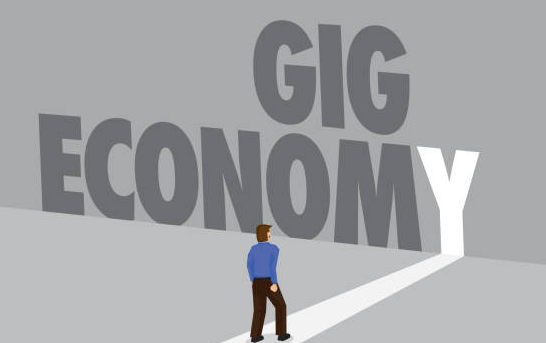Feds Take Aim at Gig Economy
By Casey Harper, The Center Square
The U.S. Department of Labor proposed a new rule in mid-October that would overhaul how independent contractors like freelancers and drivers for ridesharing apps are classified, potentially upending the gig economy that has exploded in growth in recent years.
The DOL said in its rule proposal that it would change how the federal government determines who is a freelancer and who is an employee.
How exactly contractors will be determined remains to be fully worked out, but it is expected that many freelance positions could become classified as regular workers.
“The Department believes that this proposal, if finalized, will provide more consistent guidance to employers as they determine whether workers are economically dependent on the employer for work or are in business for themselves, as well as useful guidance to workers on whether they are correctly classified as employees or independent contractors,” DOL said.
The DOL says the new rule will provide more benefits and protections for workers.
Critics, though, argue this will put major costs on businesses. Small businesses in particular can rely on an assortment of independent contractors to help keep their business afloat before they can afford full time hires.
“The modern workplace is more complex in the wake of the COVID-19 pandemic,” said National Retail Federation Senior Vice President of Government Relations David French “Retailers, along with countless other employers, maintain a wide range of business relationships with independent contractors, including billing, facility maintenance, data analysis, delivery, marketing and other critical services.
Other critics said many workers prefer the freedom and flexibility of contract work, or the “side hustle.”
“The DOL is out-of-touch with the modern economy and how people want to work, as evident by its proposed independent contractor rule,” said Karen Kerrigan, president and CEO of the Small Business Entrepreneurship Council. “Moreover, an independent contractor’s cherished flexibility could be taken away. These are all outcomes that will exacerbate the weakening economy and harm America’s small business ecosystem.”
Many Americans started side businesses that provide services to other businesses during the pandemic. Under this new rule, those business relationships could become illegal.
“More people are starting businesses because they have access to modern tools and platforms that make it simple and affordable,” Kerrigan said. “Overwhelmingly, they want to be their own boss and want control over their own time. The proposed DOL rule is a massive step backwards, as it resurrects an outdated approach that works against flexibility and regulatory certainty.
“The proposed rule will create uncertainty, higher costs and complexity, and snuff out countless innovative ideas and entrepreneurial dreams in their infancy.”
French said the rule would also drive up costs for consumers.
“The current rules clearly define the difference between employees and independent contractors, providing much-needed legal certainty for employers, employees and independent contractors alike,” he said. “The changes being proposed by the Labor Department will significantly increase costs for businesses across all industries, and further drive already rampant inflation.
“This decision will only foster massive confusion, endless litigation, reduced innovation and fewer opportunities for employees and independent contractors alike,” he added.


0 comments